
Lawsuit follows troubling allegations of bias, including a violent stop involving a Black Army officer.
Virginia’s Attorney General has filed a lawsuit against the police department in Windsor, a small town in the Hampton Roads area, alleging systemic racial discrimination. The legal action stems from an investigation into the department’s conduct, which revealed a pattern of disproportionately targeting African American drivers during traffic stops.
The case gained national attention following a December 2020 incident involving Army Lieutenant Caron Nazario. Lt Nazario, who is Black and Latino, was pulled over while driving his newly purchased SUV. Despite displaying a temporary licence tag taped to his window, he was held at gunpoint, pepper-sprayed, struck, and handcuffed by officers. Body camera footage of the encounter showed Lt Nazario expressing fear about exiting his vehicle, to which one officer replied, “Yeah, you should be.”
The footage, which went viral, ignited widespread outrage and became a stark example of excessive force and racial bias. One of the officers involved has since been terminated, while Lt Nazario filed a separate federal lawsuit against the department.
Attorney General Mark Herring stated that his office’s investigation revealed broader issues within the Windsor Police Department. The inquiry uncovered “significant disparities in enforcement against African American drivers” and a “troubling absence of policies to prevent unconstitutional practices.”
The lawsuit, filed under Virginia’s Human Rights Act and Public Integrity and Law Enforcement Act, seeks court-ordered reforms for the police force. Mr Herring emphasised that while Lt Nazario’s case brought these issues to light, the investigation demonstrated systemic problems that require urgent correction.
This legal action highlights ongoing efforts to address discriminatory policing and uphold accountability in law enforcement.









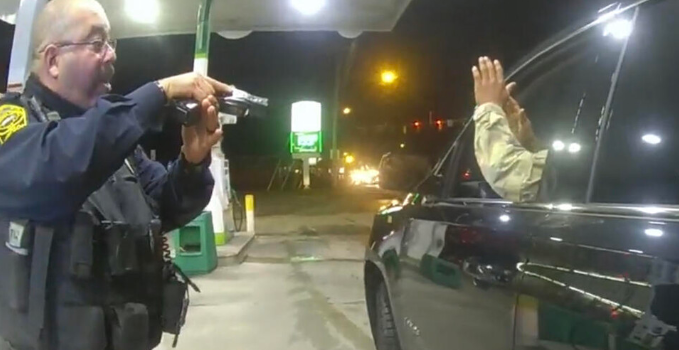
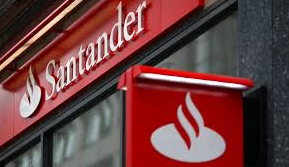
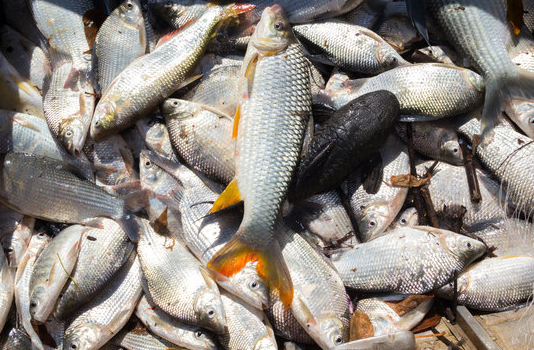

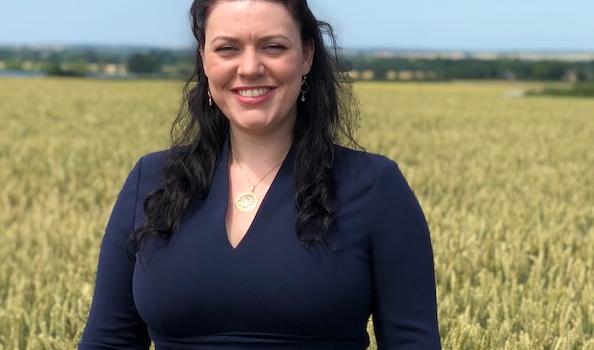
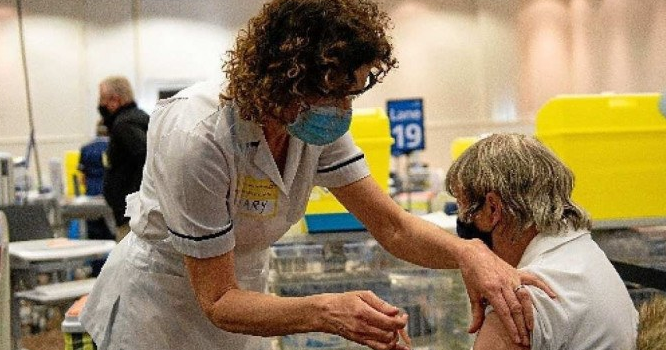
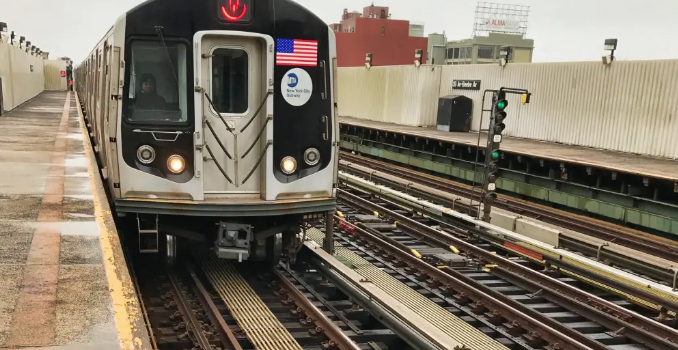
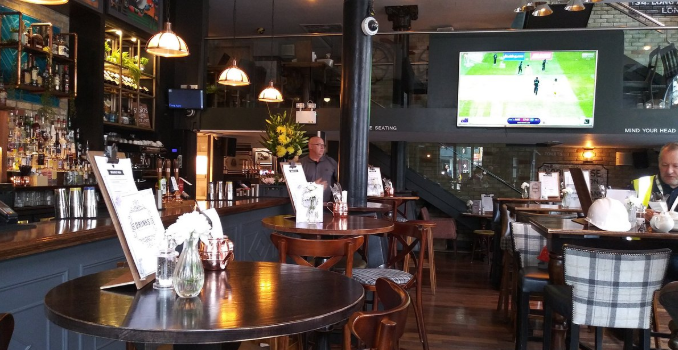
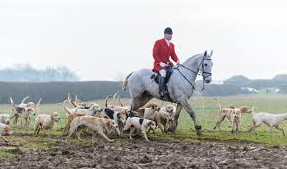
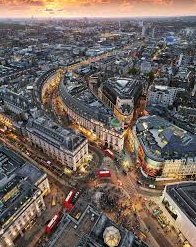

Comments
Hello world!
Pic of the week: Sunset at margate beach
The first day’s journey was through the pink fields
The first day’s journey was through the pink fields
The first day’s journey was through the pink fields